Drone AI and Autonomy
Drone companies worldwide are using autonomy and computer vision to enhance the capabilities and applications of drones significantly.
Overview
The industries that will benefit from drone autonomy range from delivery, inspection, energy, infrastructure, agriculture, eCommerce, and more. Many drone companies currently apply autonomy using flight planning and geofencing software. However, computer vision applications such as detect and avoid, tracking, and classification will enable drones to operate at scale. As a result, data annotation will become critical in preparing the massive amount of labeled data needed to train drone algorithms.
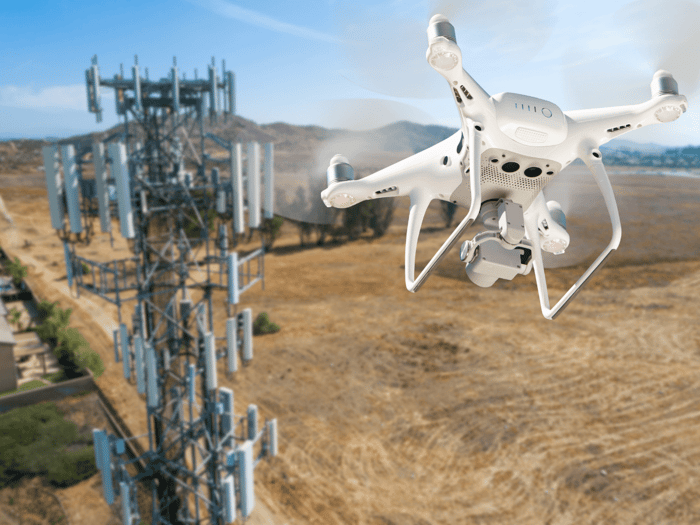
What We Offer
- Data annotation, labeling, and quality assurance for 2-D, 3-D, and video
- Dedicated and highly trained teams
- Experience using all major 2-D and 3-D tools
- Dozens of client projects in geospatial, time-based mapping, LiDAR, and more
- Expertise annotating and labeling images, videos, point clouds, and 3-D renderings for inspections, digital twins, and infrastructure use cases
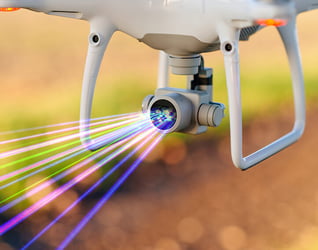
For us to continue growing our business, we needed a workforce provider whose team understood the technology, training and context we needed to provide to data labelers. CloudFactory has brought that expertise.
Mary Cudmore
Senior Director of Global Survey Operations
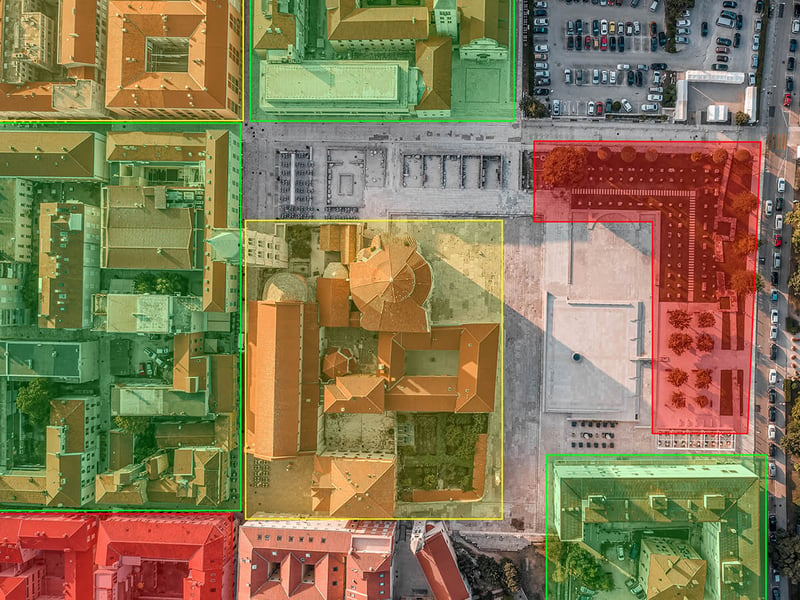
Drone Delivery and Drone Taxis
Companies developing delivery drones and drone taxis are applying AI techniques to help drones deliver goods and people safely and efficiently. Applications such as detect and avoid, detect and navigate, and precision landing will add predictability and reliability to drone operations as we move toward Beyond Visual Line of Sight (BVLOS) drone operations.
High-quality image annotation is critical in preparing the massive amount of complex training data needed to operate drones safely. CloudFactory’s extensive experience in autonomous vehicle and geospatial labeling make us the ideal partner for such projects.
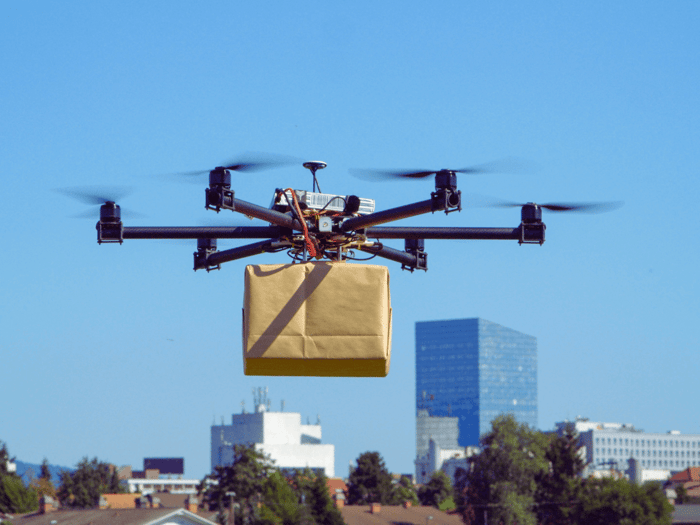
Drone Inspections
Using drones to conduct inspections is saving time and money while keeping employees safe. Equipping drones with video and image cameras, along with LiDAR and other sensors, is helping industries collect vast amounts of data to help inspectors perform advanced data analytics. This data can also be used to train computer vision training models which gives drones the ability to detect and avoid obstacles in BVLOS environments.
Since incorporating computer vision techniques is a somewhat new approach for drone inspections, CloudFactory’s flexible hourly contracts and continuous feedback loop let you experiment and try new tasks without renegotiating contracts or changing teams.
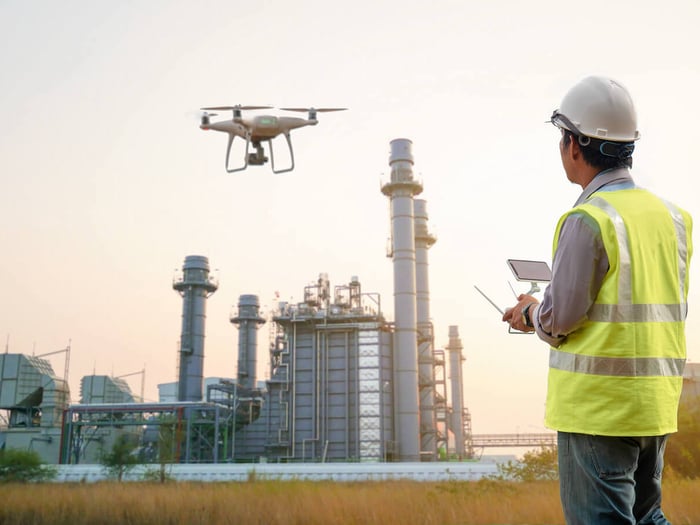
Ready to Get Started?
Questions about training data or want to learn how CloudFactory can help lighten your team’s load?
How CloudFactory Works For You
Expand Your Team
Our managed teams have served hundreds of clients across use cases that range from simple to complex.
Quality at Scale
Our proven processes deliver quality data quickly and are designed to scale and change along with your needs.
Remote Work Expertise
For nearly a decade, clients have trusted our secure IT infrastructure and workforce vetting processes to deliver quality work remotely.
Recommended Reading
The Essential Guide to Applying AI to the Drone Delivery Ecosystem
Adding AI and computer vision backed by high-quality data will improve drone safety and reliability. This guide will show you how applying AI to drone delivery operations will address regulatory hurdles and help you scale quickly.
4 Use Cases on Why Using Drones to Collect Data Improves Inspections
These four use cases examine why using drones to collect data makes drone inspections safer, more accurate, and more efficient than manual inspections.
Breaking Down The Levels of Drone Autonomy
The demand for drone autonomy is rapidly increasing. See how CloudFactory defines the levels of drone autonomy.
Contact Sales
Fill out this form to speak to our team about how CloudFactory can help you reach your goals.

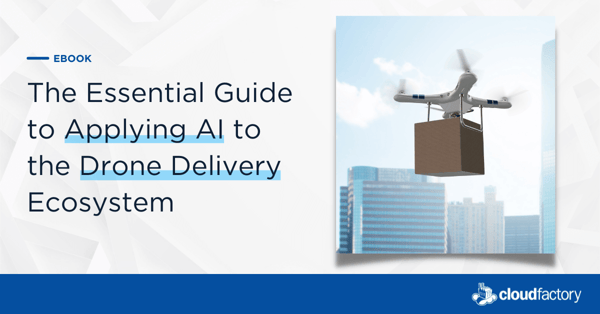
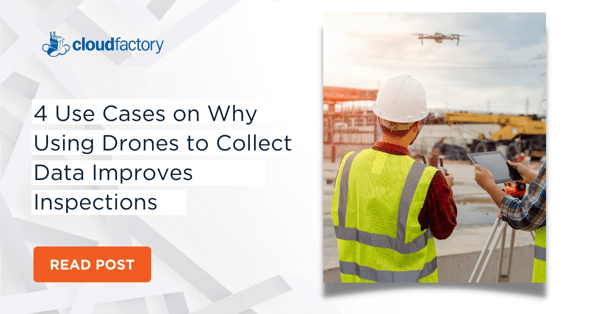
.png?width=600&height=314&name=Breaking%20Down%20the%20Levels%20of%20Drone%20Autonomy%20(1).png)
